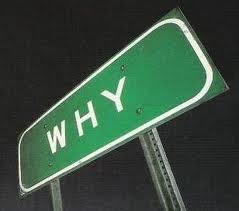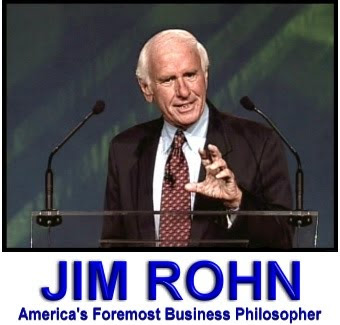
SIMPLICITY
Pete Newell described two groups of coaches: those who believe in simplicity and execution and those who believe in surprise and change. Obviously, he and I are part of the simplicity and execution group
—Bob Knight
Simplicity and execution: How something is most effectively done.
Simplicity says, “Less is more.” It allows players to have a sense that there are specific techniques and strategies that are basic for their success—the success of the team. They gain confidence because of their familiarity and consistency of purpose.
Simplicity demands execution. If every athlete knows what to do and every opponent know what will be done, the anticipation is one of predictability. This is comforting for those who execute and seemingly comfortable for those who believe themselves to be ready to respond.
The coach who uses complex strategies and trickery cannot expect his players to execute them with any consistency, because they are not easy or familiar.
Simplicity says, “I will eliminate the unnecessary so that the necessary can be perfectly expressed.”
The greatest truths are the simplest.
Simplicity is an indication of trust of what a coach believes in. No garnishes, no garbage. The desire to be clever sometimes overwhelms the understanding of how to be effective.
Emerson said, “To be simple, is to be great.”














